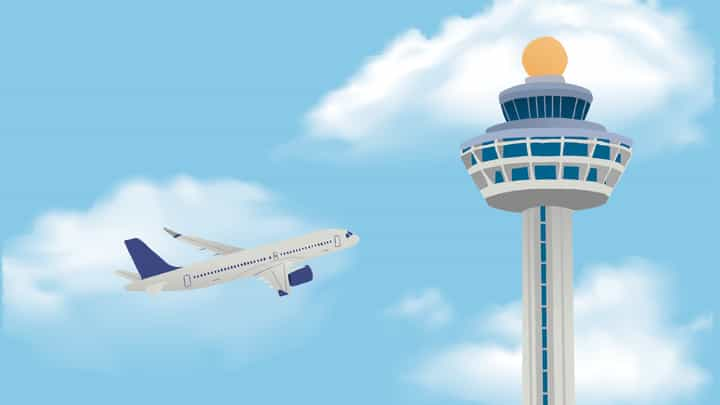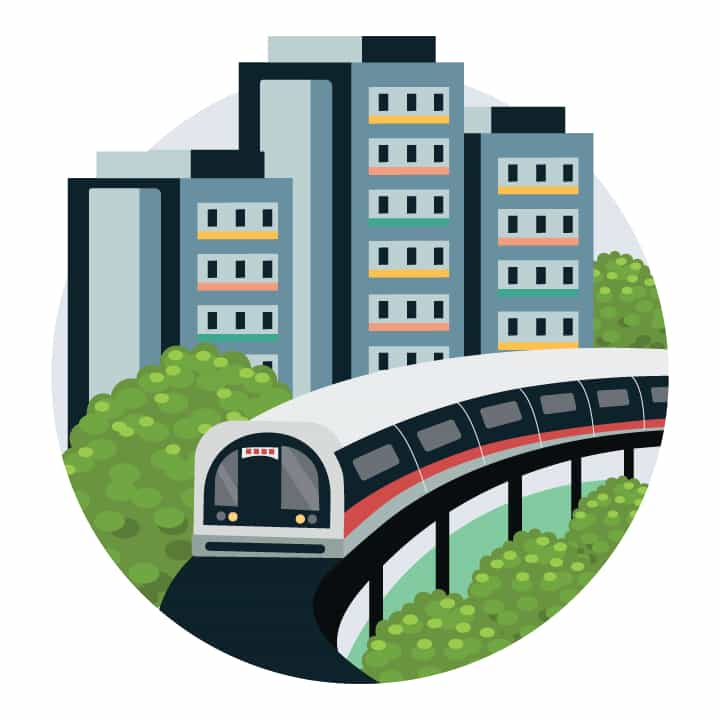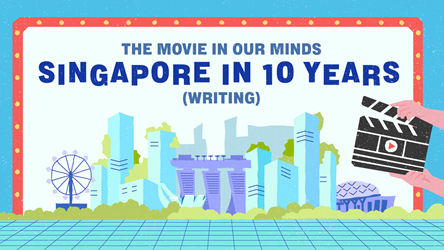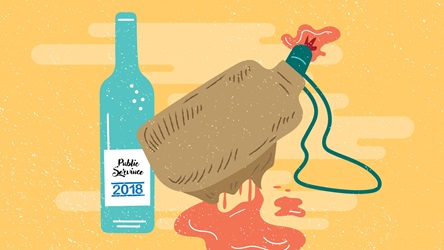How You Would Describe The Importance Of Your Work To A Child

Winning Entry
Imagine a cross junction with many cars: some want to turn left, some want turn right, others want to go straight ahead. To ensure a smooth flow of cars, there are traffic lights to guide those cars. Now, just imagine this road is in the sky and the cars are now planes. We cannot build traffic lights in the sky. To ensure that planes can move smoothly through the sky, we need something or someone to guide them. I am that someone, an air traffic controller. Using a radio set, something like a walkie-talkie, I talk to pilots and guide them along their path, giving them information about the other planes in that area. My main job is to ensure the safety of all the airplanes under my control, that they do not knock into each other and to help the pilots when they have trouble. Without me, the planes do not know how to avoid other planes in the sky. Without air traffic controllers, commercial planes cannot fly safely and that is why my job is important.
Marcus Yap, CAAS
Air Traffic Services Division
Congratulations, Marcus! You win shopping vouchers worth $100. How about buying a drone camera for yourself?
You know how you like to play catch, ping pong and ride the bike at your school? There are many kids and adults who are different from you – some are not able to see, some cannot hear, and some have difficulty walking. They could have had illnesses or accidents that make them different, or are like your brother Gene, who was born with autism. So he is very special. There are many special people who are not able to enjoy sport and games like you do. My work is to provide sporting activities for people who are different from us, and for kids and families who cannot afford sports. We have changed or created some sports activities so that they can be played by those who do things differently from us. For people who cannot see, we have games like Goal Ball. And for people like Gene, we teach them to play differently. They just need a little help from us.
Kerk Kim Por, Sport SG
SportCares Foundation
When you cross the road, the green man means you can cross and red man means you need to stop, correct? What if you see a yellow man at the traffic light, and a blue man at another traffic light – do you think you can cross? As you can see, all traffic lights must show the same colours and have the same rules for crossing and stopping so that everyone knows when to stop or cross. Likewise, my work is about setting standards and policy, like rules for traffic light designs. But instead of traffic light designs, my work involves setting “rules” to make government websites easy to use, with a consistent look and feel. Citizens can then know how government websites look like and find them easy to use.
Alvin Lim, GovTech
Policies & Standards Division
I help the grown-ups in Singapore to put some of their money into a giant piggy bank that belongs to the government. We use the money to build homes for people, build schools for children and build hospitals for those who are unwell. We also use it to build roads, and buy trains and buses so that we can go to school, go to work and go shopping. Some grown-ups have more money, so they will put more into the piggy bank. Others will put in less. Every year, there will be a lot of money inside the piggy bank and we use that to help Singaporeans. Some people have little money and they need help. We give them some money from the piggy bank to help them learn, so that they can go to work and earn more money for themselves. One day, you too will be a grown-up and put some of your money in the piggy bank. Your money will help people in Singapore and make it a great home for everyone.
Sally Mok, IRAS
Compliance Strategy and Insights Division
Thanks for all your entries! We received an overwhelming response for this contest, but we've only got a limited number of vouchers to give away.
Here are the other noteworthy entries that didn't make it to print, for your reading pleasure.
I don’t wear tights like Superman,
Nor a red cape nor fly like a plane
But we both make bad guys scared
When they try to bully or cause pain.
You know Ah Ma and Ah Kong are very old
So they walk very slow and cannot see well.
But sometimes people don’t understand
And do mean things that make them sad and unwell.
I’m also like a policeman
because I teach people to follow the rules.
The difference is that I do not wear a uniform
And no police car with flashing lights red and blue!
But the bad guys still know
That they must stop bullying others
Or else I will send them to prison
To learn to be nicer.
I make sure everyone feels safe
Whether at school, work or home.
Especially people who need more help than others,
They think they are alone.
Sometimes they are too shy to ask,
Or they don’t know how
So it is up to you and I
To be heroes and teach them how!
Jaime Zainuddin, MSF
Enforcement Branch/Ops & Enforcement Division
Some children can run, while others ride on a special chair with wheels. If you ask them nicely, they can show you the cool features of their chair. Some children speak with their mouths, while other children speak with their hands. They can teach you sign language, and you can talk from across the playground without having to shout! Some children are good at following the teacher’s instructions or at sharing their toys. Some children are still learning. They need friends to appreciate that and to encourage them along the way. As we go about in school or outside, sometimes we see children who are left out. Sometimes it’s easier to just do activities without them. We need to think: “If I was that friend, how would I want other children to treat me? What can I do to help my friend know that I care?” If we are not sure, we can ask the teacher how we can help them. We can make small changes to our activities so that everyone can participate. My job is to help children, especially those who need extra help, to be able to learn all they can, and participate in this world. But this cannot be done by only teachers and adults. Everyone has to look out for the friends who need help, to build on one another’s strengths, and to let them know that they too are valued.
Chelsea Wong, MSF
Disability Office, Social Policy and Services Group

Eight years ago, we asked how you would explain Singapore to people overseas. With Singapore’s Bicentennial in 2019, how would you describe Singapore today to others?
Send your entry to psd_challenge@psd.gov.sg.
The most exciting entry will receive a prize worth $100. All other entries published in print will win vouchers worth $30 each. Entries may be edited. Please include your name, agency email address, agency and contact number.
All entries should reach us by March 30, 2019.
- POSTED ON
Mar 5, 2019
- ILLUSTRATION BY
Mushroomhead









